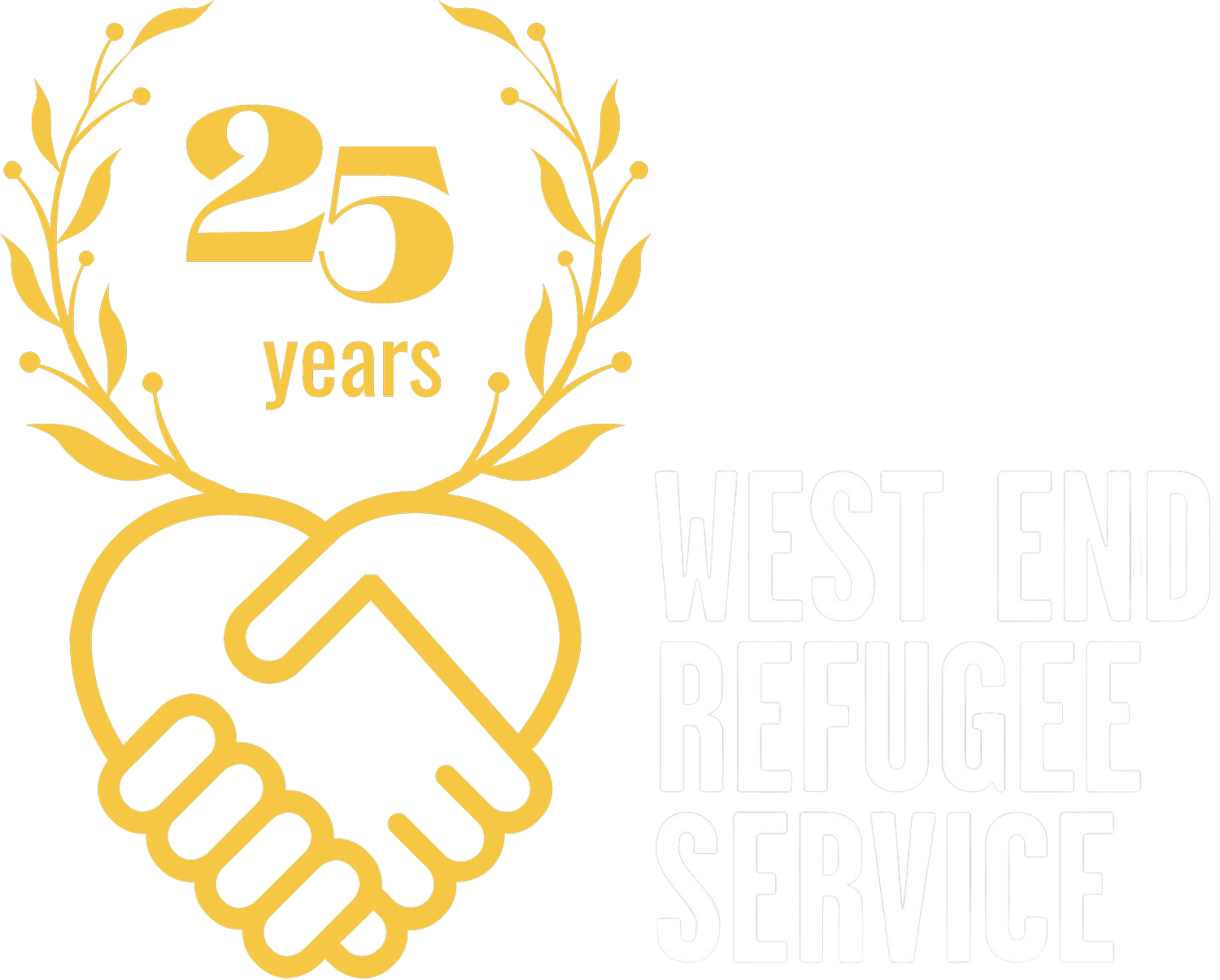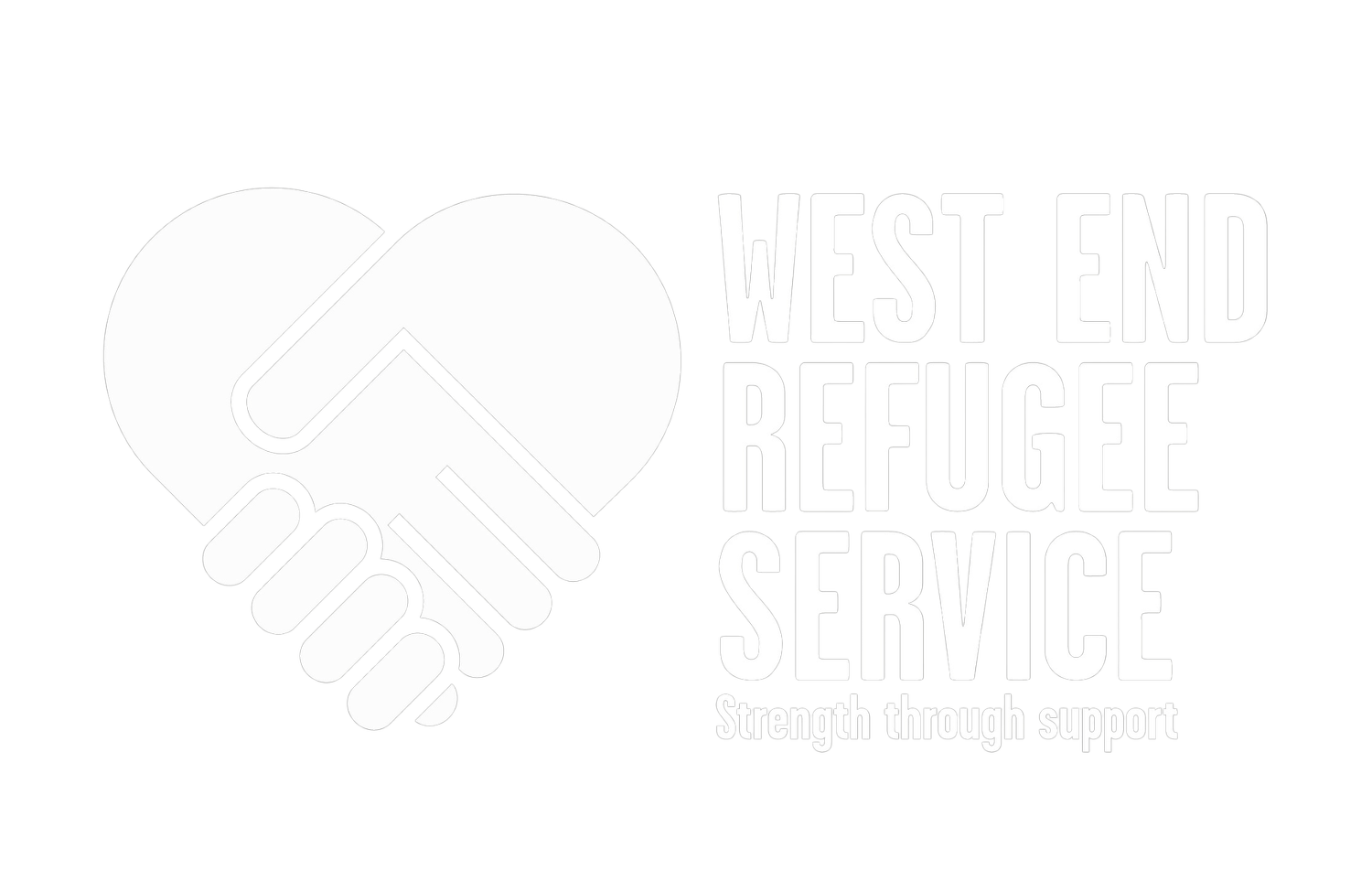Facts About Refugees
There is a huge amount of misinformation out there about asylum seekers and refugees. The reality is far from the picture presented by much of our mainstream media and the government.
Here are the real facts and figures below. These are taken from UK government and UNHCR sources…

What is a Refugee?
The United Nations Refugee Convention defines a refugee as someone who “owing to a well-founded fear of being persecuted for reasons of race, religion, nationality, membership of a particular social group, or political opinion, is outside the country of his nationality, and is unable to or, owing to such fear, is unwilling to avail himself of the protection of that country”.
- Article 1, 1951 Convention Relating to the Status of Refugees.
What is an asylum seeker?
An asylum seeker is a person who has left their country of origin and has formally claimed asylum in another country, but has not yet received a decision on their case.
Whilst individuals wait for a decision on whether they will be recognised as a refugee, they are known as an asylum seeker.
People seeking asylum do not have the same rights as refugees or British Citizens.
Asylum seekers do not choose where they live. They are dispersed across the country and housed in asylum accommodation, often in homes of multiple occupancy. Whilst people are seeking asylum they cannot work. People cannot claim benefits, they live off £49.18 per week or £8.86 per week if they are in a hotel.
Is there such as thing as an illegal asylum seeker?
No. There is no such thing as an illegal asylum seeker. Under international law, everyone has the right to seek asylum in any country that has signed the 1951 Refugee convention.
It isn’t illegal to claim asylum - it is a legal process. It is a human right.
It isn’t illegal to be refused asylum. If you receive a negative decision on your case, this means that you haven’t been able to meet the strict criteria to prove your need for protection as a refugee. Some refused asylum seekers return home voluntarily, others are forcibly returned. For some of these people, it is not safe or practical to return until conditions in their country change. For some, there is no viable safe route home.
How many people are seeking asylum in the UK?
A total of 108,138 people applied for asylum in the UK in 2024, this was around 16% of immigrants to the UK.
How many asylum seekers are there in the North East?
There are around 1300 people in the North East who are seeking asylum, out of a total population of 2.6 Million.
How do refugees travel?
A large proportion of refugees travel by foot into neighbouring countries to their own. Many make treacherous journeys, over weeks and months, using various means of transport including boats, trains and planes.
It is recognised in the 1951 Convention that people fleeing persecution may have to use irregular means in order to escape and claim asylum in another country – there is no legal way to travel to the UK for the specific purpose of seeking asylum.
Do people seeking asylum need to claim asylum in the first country they reach?
No. There is nothing in international law that says refugees must claim asylum in the first country they reach. The countries that refugees travel through on the way to Europe are unsafe for some. Many have not signed the Refugee Convention, meaning that people who remain there will not get international protection and claiming asylum is a human right.
Within Europe, the Dublin Regulations allows one EU country to require that another accept responsibility for a person who has claimed asylum. This is when specific conditions apply, including that the person is shown to have previously made a claim of asylum in another EU country. The intention is that asylum claims are then shared more evenly between EU countries. As the UK has now left the EU, the Dublin Convention is unlikely to continue to apply here.
Why do people seeking asylum and refugees need help when they get to the UK?
Whilst many assume that the UK is a safe and welcoming place for people seeking asylum, there are huge challenges for individuals who arrive here seeking sanctuary.
The Asylum System:
The asylum system is tough. Interviews and communication with the Home Office can be incredibly stressful for individuals, many of whom have experienced trauma in their home country and on their journey here. Waiting times for asylum claims can cause anxiety and often further trauma.
Poverty:
Whilst government support exists (housing and weekly financial support of £45 a week), many then live below the poverty line, unable to buy essentials and feed their families.
Prejudice & safety:
Individuals also often suffer prejudice, racism and feel unsafe in our communities.
Accessing Support:
Many find it difficult to access the support they are entitled too. Language barriers are significant as well as knowledge of our systems work in the UK. There are often issues with their accommodation, difficulties in accessing healthcare provision, education for families with children, which mean people need extra support to see their needs are met and their rights are protected.
Isolation:
People seeking asylum have left their lives, their homes, friends and family members behind. Many do not know where their family are. Arriving in the UK and awaiting for a decision on your asylum claim can be an incredibly lonely and isolating experience.
Positive decisions on asylum claims:
The challenges do not stop if an individual is granted refugee status. People have just 28 days to find accommodation and access Universal Credit. Many can find themselves homeless at this stage. It can be a period of huge upheaval and stress for individuals who may have been waiting months and sometimes years for a decision on their asylum claim.
Negative decisions on asylum claims/ destitution:
If an individual receives a negative decision on their asylum claim, their financial support stops and they are evicted from their accommodation after 21 days. They have no access to statutory support. Access to healthcare is very limited, and many who have complex health problems are issued with significant fines for treatment and care.
Many people are unable to leave the UK through no fault of their own. Some are stateless and have no country to return too, some cannot obtain travel documents from their government to allow them to return, some are too sick to travel or there is no viable route home. Many asylum seekers have been destitute for many years and have strong ties in the UK with family, friends and children born here.

